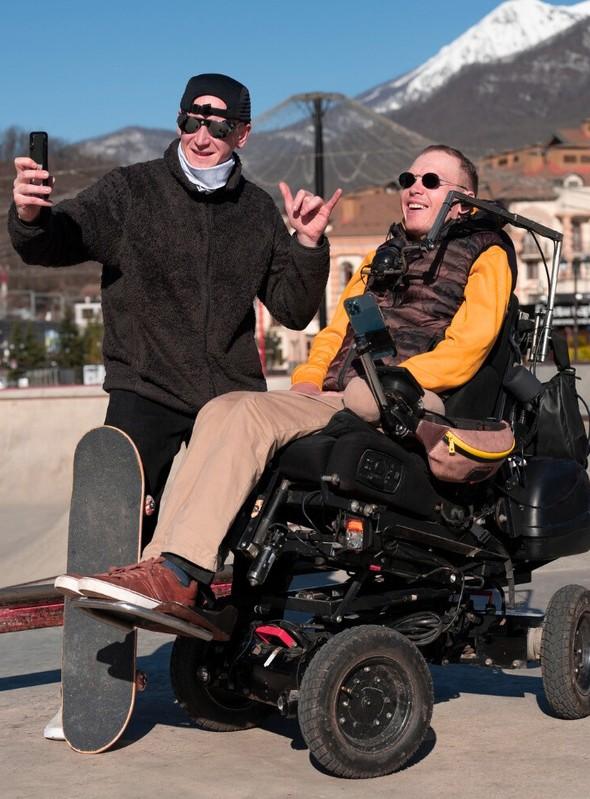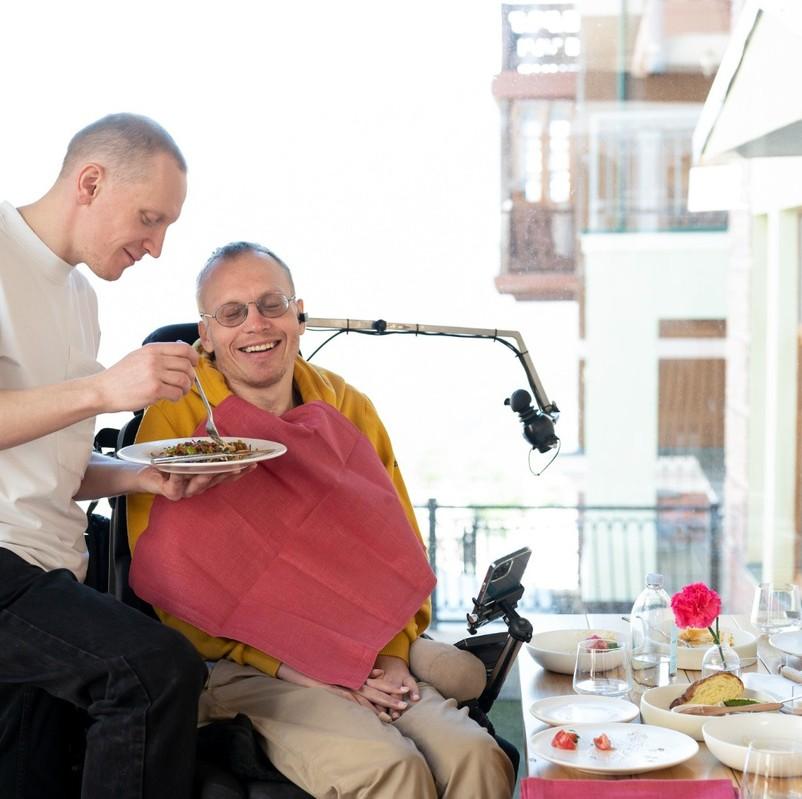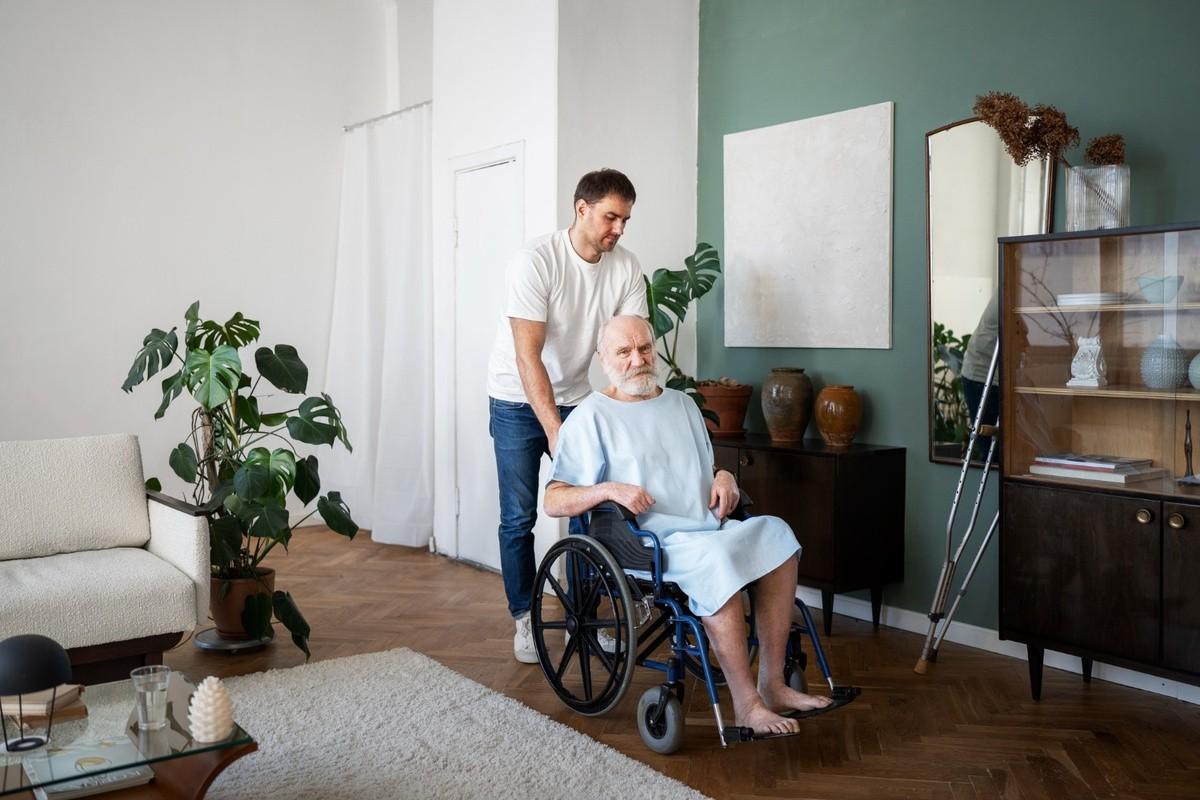

NDIS Personal Care:

Intoduction
For many people living with a disability, the most challenging parts of the day are often the most personal, like getting out of bed, taking a shower, brushing their hair, or preparing a meal. These everyday routines, though simple for some, can become overwhelming without the right support. That’s where personal care under the NDIS steps in. It’s not just a service, but a way of protecting your independence and quality of life.
With the NDIS, this kind of support is tailored to individual needs. It’s never one-size-fits-all. Interested in Learning more? Then keep reading as we walk you through the question many often ask, “What is personal care in NDIS?” in detail.

Key Takeaways
• NDIS personal care helps with everyday tasks like showering, dressing, and meal preparation, allowing people with disabilities to live more independently at home.
• Support workers do more than assist, they build trust, respect your routine, and support your well-being with kindness and consistency.
• Respite care gives family carers a much-needed break, reducing stress and improving the quality of care they provide in the long run.
• Starting NDIS personal care is simple: share your needs during your planning meeting, and let your Support Coordinator guide you to the right services.

What is Personal Care in NDIS?
Let’s Explore
The Basics—What It Actually Means?
Let’s break it down: **What is personal care in NDIS** terms? It’s the kind of help that focuses on your day-to-day well-being. We’re talking about basic tasks, like showering, dressing, eating, and moving safely around the house, that help you maintain your dignity and comfort at home.
Unlike medical services, personal care doesn’t involve clinical treatments. Instead, it’s about staying clean, wellgroomed, and supported in a way that respects your routine and your choices.

What Does It Look Like in Daily Life?
Personal care under the NDIS can look different for each participant. Some might need help with showering or brushing their hair. Others may need mobility support, dressing assistance, or help with meal times and medication. Trained support workers are there to assist with care that suits individual needs and respects their routine, culture, and privacy.
Services might include:
• Assistance with personal hygiene
• Support with toileting or continence aids
• Help with mobility at home
• Safe meal preparation and feeding support
• Medication reminders or administration
These supports are always customized, never one-size-fitsall.

Behind the Job Title—Who Are Support Workers?
It’s easy to assume support workers only handle practical jobs. But if you’ve had one by your side, you know better. So, what does a disability support worker do? They do show up to help with the physical stuff, but they also listen, adapt, and build trust. Over time, they often become an important part of your daily rhythm. They aren’t there to take control. They’re there to help you stay in control.
Care That Comes to You
One of the best things about NDIS personal care is that you don’t have to leave home to get it; the care and help come to you. Your own space stays your own, and that sense of familiarity brings comfort. Having a personal care assistant visit you means fewer disruptions and more peace of mind. They’ll help with the things you can’t do alone, without stepping on the parts of your life you manage just fine. Contact us for premium NDIS personal care assistants to make your life easier, better, and happier.

What About Family Carers?
Family members who provide care are often stretched thin. They do it out of love, but they also need rest. That’s where Respite Care benefits for health come in. Many often wonder, ‘What is respite care exactly?’ It’s temporary support that gives regular carers a break, be it a weekend, a few hours, or longer. The respite care benefits for health are real: better sleep, lower stress, more patience, and time for self-care.
Respite care allows carers to rest without guilt, knowing their loved one is in safe, capable hands. It’s not selfish. It’s necessary because rested carers give better care. Reach out to Actual Care for the best Respite Caregivers in New Castle, Australia.

Getting Started—The First Steps
Think personal care could help you? Here’s where to begin: during your NDIS planning meeting, clearly describe the parts of your routine that are difficult to manage alone. Once that’s noted, a Support Coordinator or Plan Manager can help you connect with the right providers.
What should you look for in a provider?
• Skilled, trained staff
• A willingness to listen to your needs
• Flexibility in scheduling
• Positive reviews or word-of-mouth trust
Don’t be afraid to ask questions. It’s your care.

Conclusion
NDIS personal care isn’t just about ticking tasks off a list. It’s about creating space in your life to breathe, feel safe, and focus on what matters to you. Whether it’s morning support, occasional help, or something more regular, this kind of care keeps you steady, on your terms.
If you or someone you care about could use that kind of support, it’s okay to ask. The right help is out there, and it might change more than just your routine; it might change how you feel about each day.
Looking for the best NDIS provider in Australia? Then look no further than Actual Care. We provide compassionate community care and home care for NDIS participants, including support coordination, daily activities, nursing, transport, and much more.
With over a decade of experience, our qualified team ensures dedicated, loving care as a registered NDIS provider in Australia. Pick us to connect with the most reliable disability support worker in Australia.





